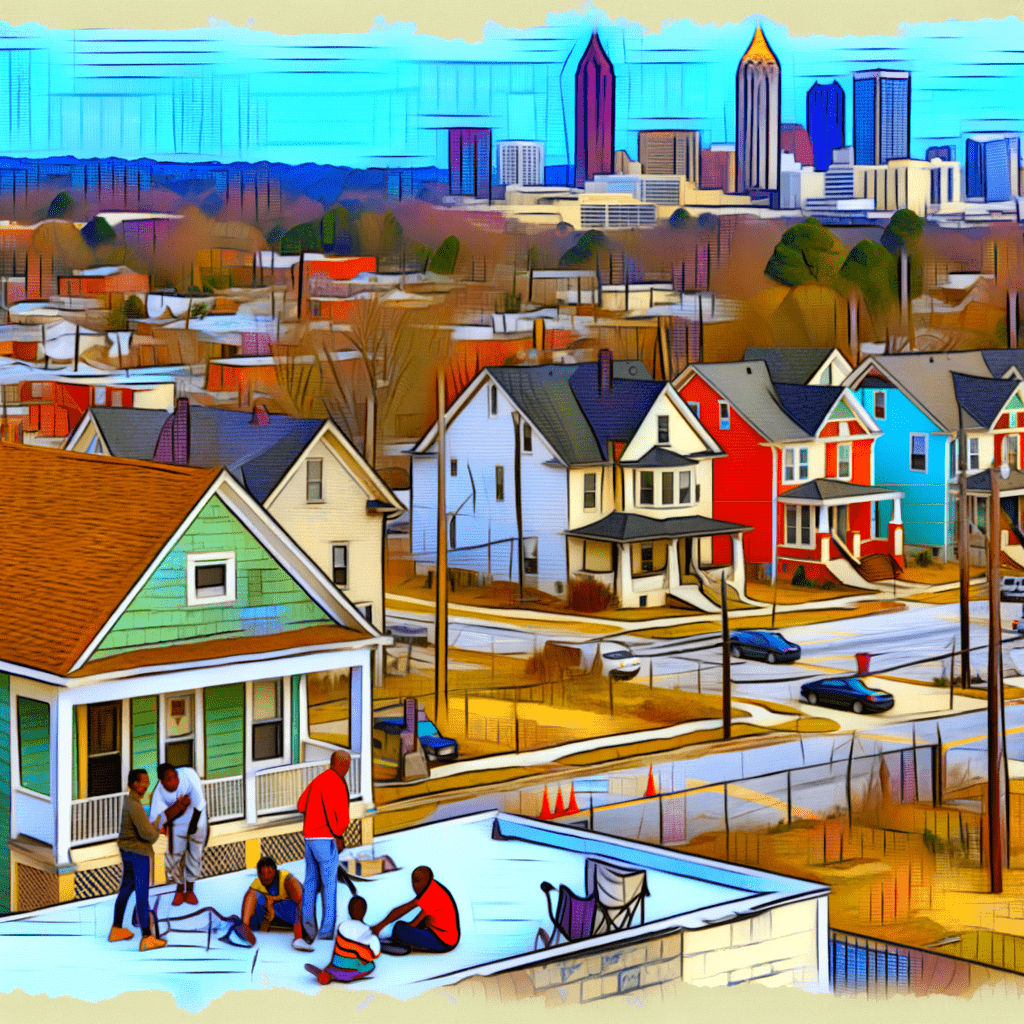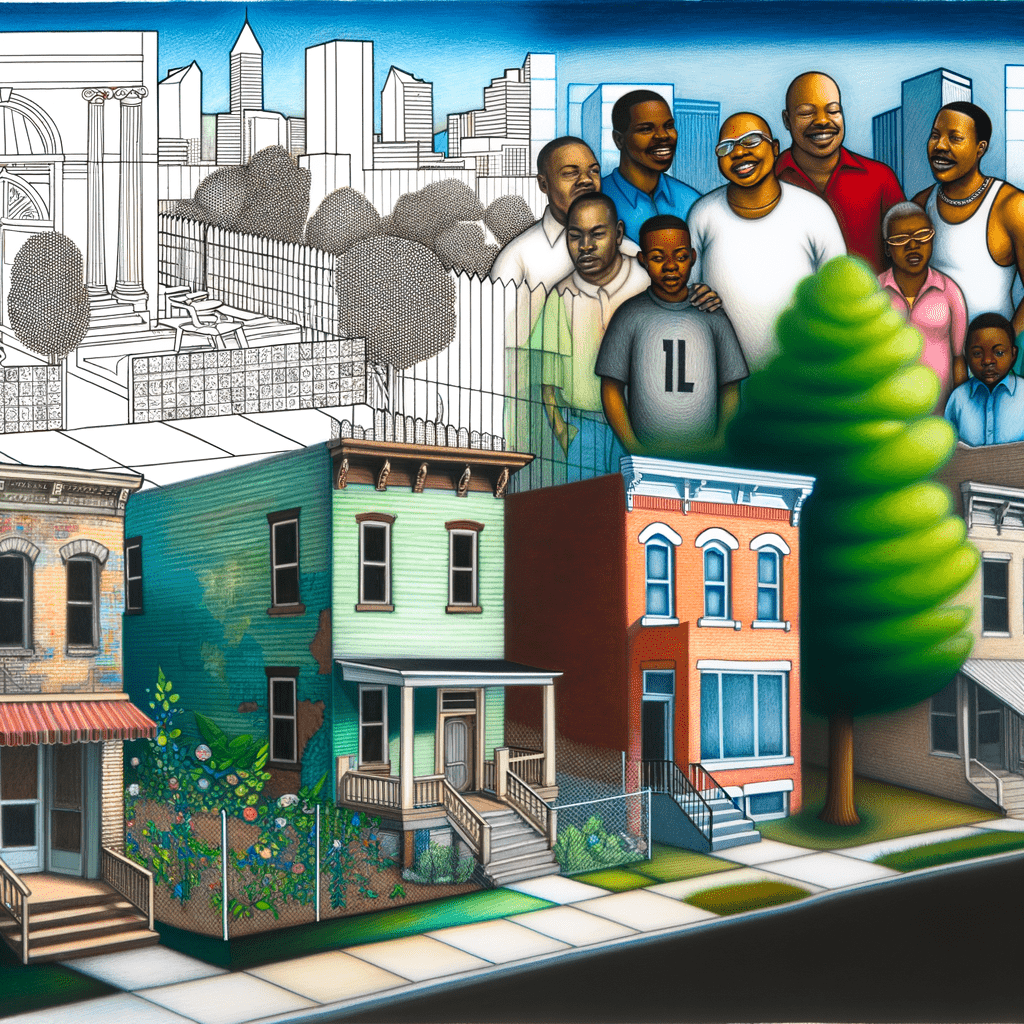Atlanta Neighborhoods Going Through Gentrification

Atlanta, the capital city of Georgia, is known for its rich history, vibrant culture, and diverse neighborhoods. However, in recent years, several of these neighborhoods have been undergoing significant changes due to gentrification. This article explores the neighborhoods in Atlanta that are currently experiencing gentrification, the impacts of these changes, and the potential future of these areas.
Understanding Gentrification
Gentrification is a process of neighborhood change that includes economic change in a historically disinvested neighborhood —by means of real estate investment and new higher-income residents moving in – as well as demographic change – not only in terms of income level, but also in terms of changes in the education level or racial make-up of residents.
Atlanta Neighborhoods Undergoing Gentrification
Several neighborhoods in Atlanta are currently experiencing gentrification. These include:
- Old Fourth Ward: Once a predominantly African-American neighborhood, Old Fourth Ward has seen an influx of higher-income residents and businesses, leading to increased property values and rents.
- East Atlanta: This neighborhood has seen significant changes in recent years, with new businesses and housing developments replacing older, more affordable homes.
- West End: Known for its historic homes, the West End has been attracting new residents and businesses, leading to increased property values and a shift in the neighborhood’s demographic makeup.
The Impact of Gentrification
Gentrification can have both positive and negative impacts on neighborhoods and their residents. On the positive side, it can lead to improved infrastructure, increased property values, and a reduction in crime rates. However, it can also lead to displacement of long-term residents, increased cost of living, and a loss of cultural identity for the neighborhood.
Case Study: Old Fourth Ward
Old Fourth Ward provides a clear example of the impacts of gentrification. The neighborhood, which was once home to Martin Luther King Jr., has seen significant changes in recent years. The development of the BeltLine, a multi-use trail, has attracted new businesses and residents to the area, leading to increased property values. However, this has also led to displacement of long-term residents who can no longer afford to live in the area.
Future of Gentrified Neighborhoods
The future of gentrified neighborhoods in Atlanta is uncertain. While some believe that gentrification can lead to improved neighborhoods and increased economic opportunities, others worry about the loss of cultural identity and displacement of long-term residents.
Statistics on Gentrification
According to a study by the National Community Reinvestment Coalition, Atlanta ranks fifth in the nation for gentrification, with over 46% of its neighborhoods experiencing gentrification between 2000 and 2013. The study also found that over 5,000 residents were displaced due to gentrification during this period.
Conclusion
Gentrification is a complex issue with both positive and negative impacts. While it can lead to improved infrastructure and increased property values, it can also lead to displacement of long-term residents and a loss of cultural identity for neighborhoods. As Atlanta continues to grow and develop, it is crucial to find ways to manage gentrification in a way that benefits all residents.

